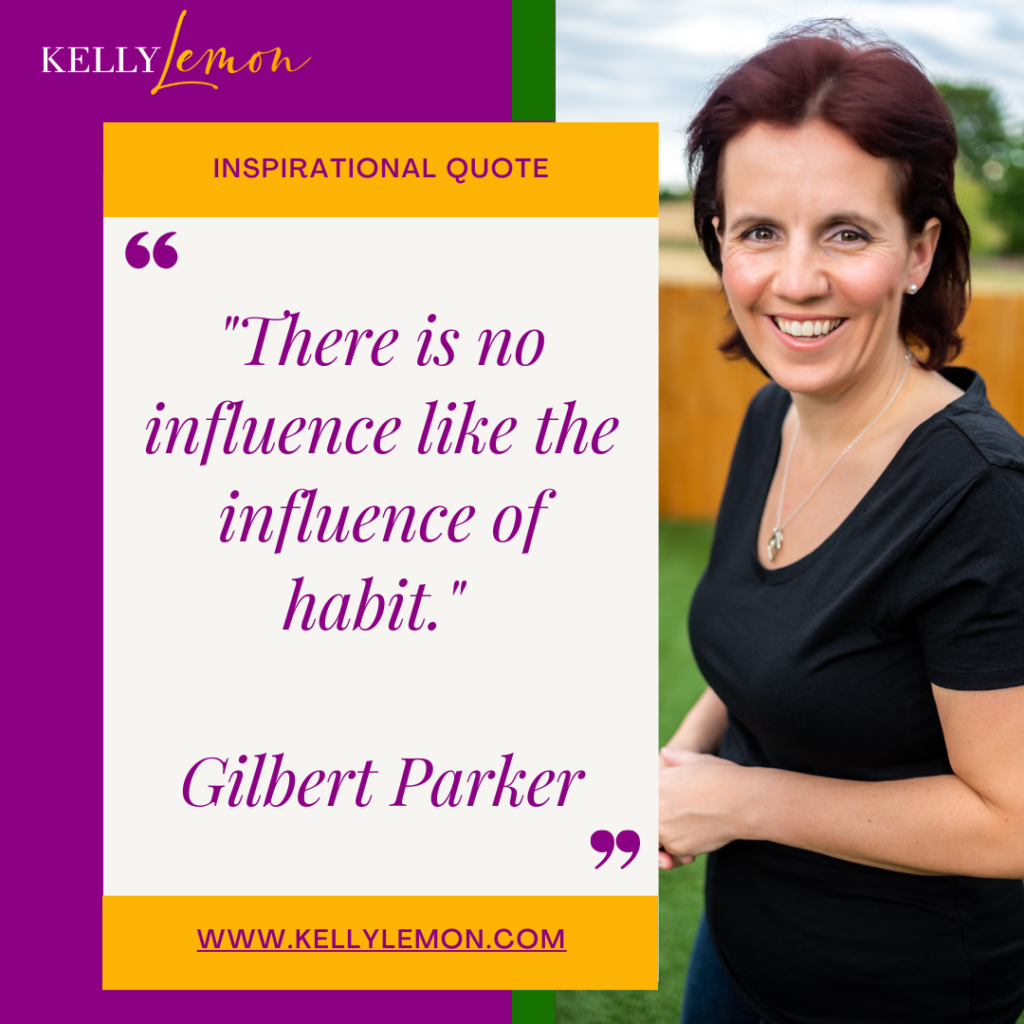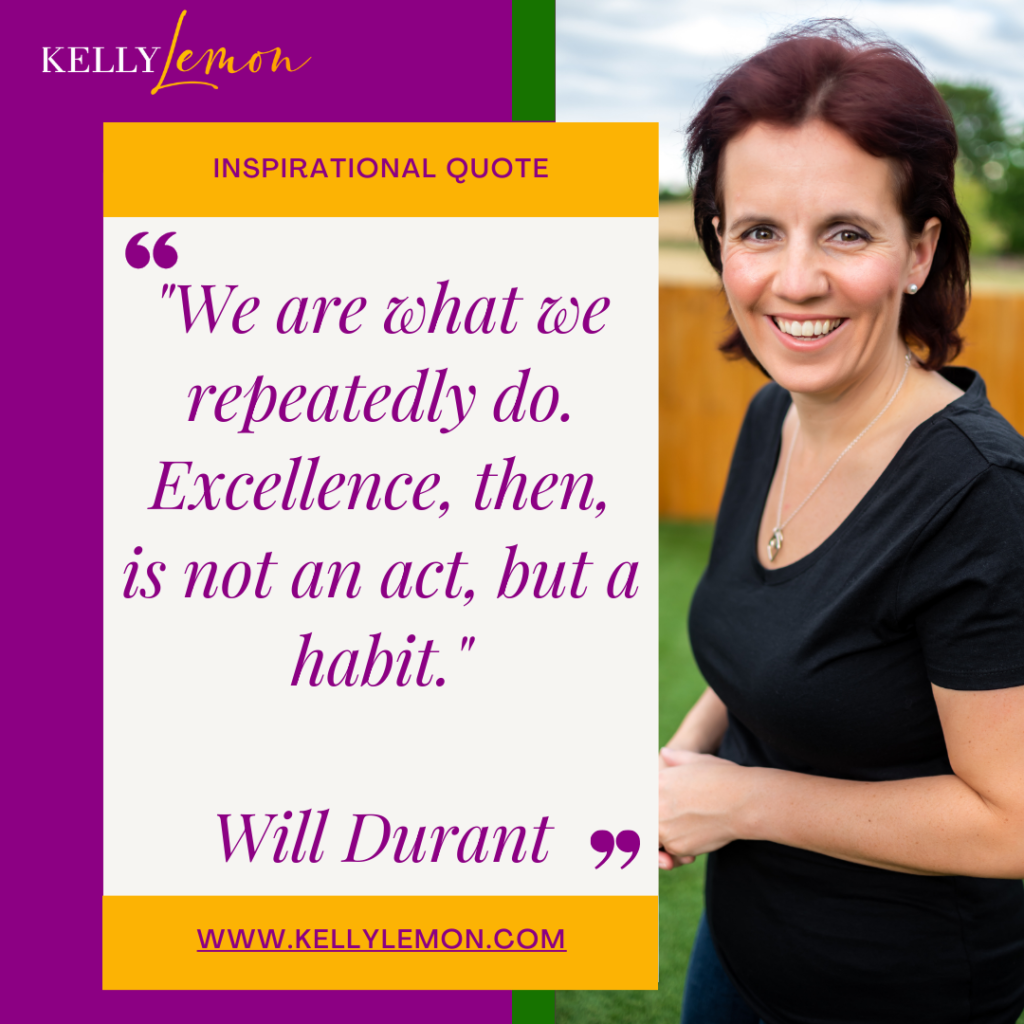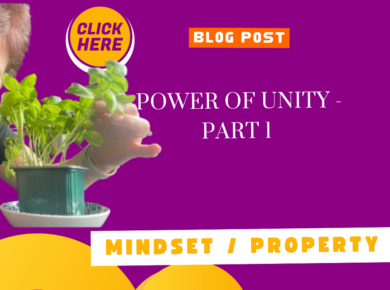When I was training as a journalist I was taught ‘show don’t tell’. In essence, if you want to get a point across you need to show the audience. In the newsroom that meant describing the story so the reader could come to its own conclusions. For example, if there had been bad behaviour at a company, my job wasn’t to say that, my job was to highlight and describe the behaviour with the intention the audience would get the same message. It’s harder to do, after all, isn’t it easier just to say the punchline rather than set the scene? But that in essence was the point of the training; they were trying to teach us not to be lazy in our journalism.
After leaving the newsroom I realised this applies elsewhere in life. I also realised that often you have to mentally turn the volume down on what people say and watch their actions as they don’t always correlate. And if you’re brave enough you can turn the tables on yourself too….
Numbers don’t lie
Have you ever asked a question and got a long rambling story in response? As a mother of 3 I often find I get a longer answer than required. I also often find the answer is so much simpler than the story. I can’t remember where I heard this but I remember the story of a man who asked his sales member of staff how well he had done that week and the salesman went on a long rambling story to which the boss said – tell me the number and I will know the story.

What I like about this is numbers don’t lie. And the way I use that in my own life is I am constantly looking at the numbers …
My body measurements tell me how the state of my health.
My net worth tells me the state of my finances.
My cashflow tells me my spending habits
My diary tells me what I really care about
To be clear these questions are starting points and often further investigation is required, however, I am sure you get the point I am making.
Habits help or hinder
I then look at my own and often other people’s habits. Darren Hardy says winners and losers both have the same goals. And if I think about it that is rather eye opening. A lot of people think success is all down to the goals you set, and yes, goal setting is very important. But setting a goal is only one step in the process.
One of the other key components that is always working either for you or against you is your habits.
Show me your habits and I will have a good idea of where your future is heading.

It sounds arrogant but it’s true. If you are somebody that always spends more than they earn then I have a good idea of where your finances will be in retirement.
Now that’s not to say you can’t change these things, but to do so you have to look at your current habits – are they working towards or against your goals?
Schedule it
The other key thing to look at when either evaluating your own path or somebody else’s is their diary.
Again, often what you say is important to you actually isn’t when you look at your diary. How many people say a relationship with my children or spouse is the most important thing in my life? That may be true – but where are they in your diary? Where are family dinners, date nights/days etc? If it isn’t in your diary then how important is it really?
Again, when I decided to get in shape and it was one of my three goals for the year I had to not only create helpful habits but I also had to schedule in my bike rides etc – getting in shape takes time and without it being in the diary there was no allowance.
The truth is every goal takes time and needs to be planned out, nothing just happens.
So flick through your diary coming up and review your past 3 months – are the things that you say are important to you in there? If not, are these things really important? If so, start scheduling them in. And if you need any help getting clear on these things then I am working on a complimentary download that will help with this exercise. Keep an eye on my website (www.kellylemon.com) and sign up to join my community (https://www.kellylemon.com/emaillistoptin) and I will happily send these resources your way.












